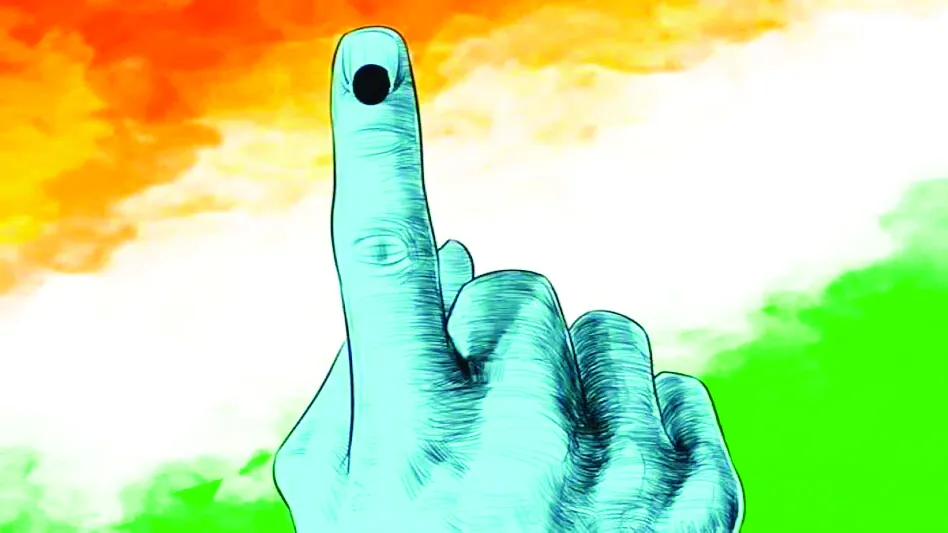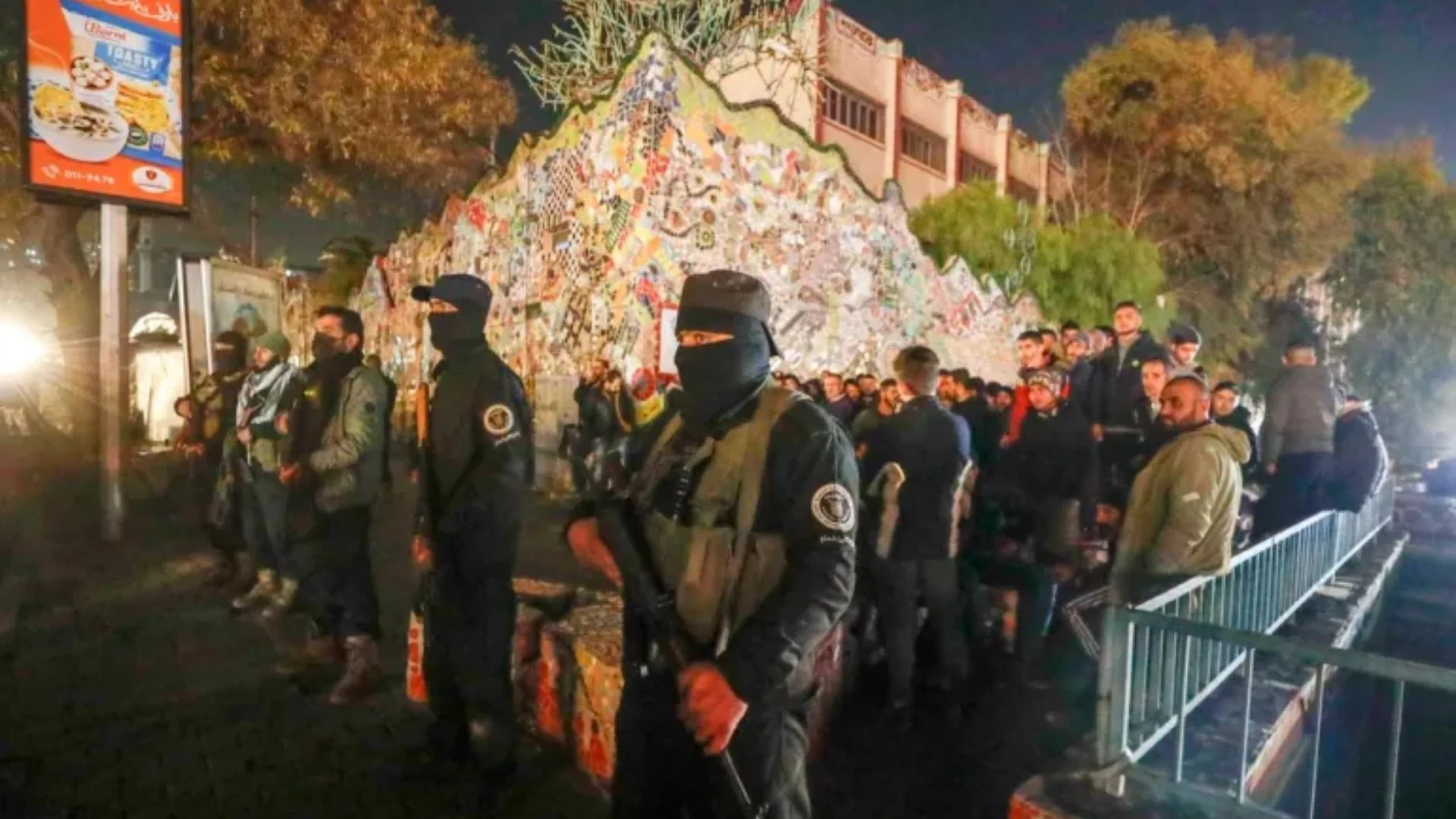Section 124A…is perhaps the prince among the political sections of the Indian Penal Code designed to suppress the liberty of the citizen. Affection cannot be manufactured or regulated by law. If one has no affection for a person or system, one should be free to give the fullest expression to his disaffection, so long as he does not contemplate, promote, or incite to violence. — Mahatma Gandhi
India’s sedition law has come under massive scrutiny and criticism, with several leading intellectuals calling for its revocation. The law has frequently been misused and has often been used to stifle dissent and political opposition. This is clear given the law has a dismal conviction rate and has frequently been invoked in situations where prima facie cases are not made out.
Unfortunately, the judiciary and legislative have been unwilling to strike down the law. Politicians continue to weaponize sedition as a tool to crush the Opposition. The judiciary, which has received ample opportunity to strike down the law, has steadfastly stood by its decision in Kedar Nath Singh vs. State of Bihar (“Kedar Nath”). While the interpretation by the Supreme Court in this decision is fundamentally unproblematic, the application of sedition laws has been chequered and controversial.
However, it is important to note that the notion of sedition itself is not problematic and common to criminalize. The idea that a nation or government can be overthrown by force is unacceptable and the instigation of this has been criminalized. However, even if this basic idea is solid, its application has been problematic, and this has led to several nations repealing these laws, including the United Kingdom.
Former CJI N.V. Ramana has voiced his extreme displeasure with the way this most abused and most misused sedition law still continues in the penal laws even after 75 years of independence, though England which created it has long back abolished it in 2010 by Section 73 of the Coroners and Justice Act 2009 and came into effect from 12 January 2010 even though sedition by an alien (resident but not a national of the country) however is an offence and so has US and many other countries. Sedition has been declared as unconstitutional in Indonesia. Similarly, South Korea has done away with its sedition law in 1988.
Sedition is a colonial law which was used expressly to suppress dissent by the British in India. A petition has been filed through Advocate Prashant Bhushan on behalf of former IT Minister Arun Shourie and NGO Common Cause before the Supreme Court, challenging the constitutional validity of Section 124-A of IPC as being violative of Articles 14, 19(1)(a) and 21 of the Constitution. The plea states that though the provision was upheld by the Supreme Court in Kedar Nath v. State of Bihar in 1962, the position of law has hence changed and the matter requires consideration. A Bench headed by Justice U.U. Lalit is also hearing a plea as well as Intervention Applications, challenging the constitutional validity of Section 124A of IPC.
The most recent case was on the 31 May 2021, when the Andhra Pradesh government brought sedition charges against two media organizations. The Supreme Court noted that criticism of the government cannot be considered sedition. This one example is emblematic of the issues plaguing the application of sedition law in India today. The State interprets any criticism of itself to represent sedition, and thus brings charges against parties. While some of these garner national attention and popularity and are thus dealt with speedily, other cases are not so fortunate. A court case has very real financial and psychological consequences for those that dared to dissent and criticize the government. Often, the harrowing experience they face deters them enough from criticizing the government in later instances. That is, they are likely to do so when the ordeal ends, but given case pendency and the slow Indian judicial process, these cases likely create difficulties for years and even decades at times.
Need for a relook into the law
According to an estimate, the number of cases of sedition under Section 124A increased by 140% from 2016 to 2019. The rate of conviction dropped to 3.3% in 2019 from 33.3% in 2016. In the Internet age, what can lead to public disorder has itself become debatable, as information travels at lightning speed. The UK repealed the offense of sedition in 2010, but India is still holding onto a relic of the British Empire. As recently as 2018, the Law Commission of India too questioned the justification of retaining Section 124A. The provision examines the effects of the seditious text rather than a content-based test which reviews the text alone which seems to be flawed.
Concerns with sedition provisions
Criticism of a government is not the same as inciting “disaffection towards the government” or inciting rebellion against it. It is a medium to put constraints on the freedom of speech and expression of citizens. India ratified the International Covenant on Civil and Political Rights (ICCPR), which increases India’s liability towards protection of freedom of expression. The Law suppresses what every citizen ought to do in a democracy—raise questions, debate, disagree and challenge the government’s decisions. The draconian nature of this law as the crime is non-bailable, non-cognizable and punishment can extend for life—it has a strong deterrent effect on dissent even if it is not used. Terms used under Section 124A like “disaffection” are vague and subject to different interpretations to the whims and fancies of the investigating officers.
Way forward
The Kedar Nath guidelines principles of the SC must be incorporated in Section 124A as well by amendment to IPC so that any ambiguity must be removed. Only those actions/words that directly result in the use of violence or incitement to violence should be termed seditious. The state police must be sufficiently guided as to where the section must be imposed and where it must not. Need to include provisions where the government can be penalized, if it misuses the section. This will ensure that Section 124 A of IPC strikes a balance between security and smooth functioning of the state with the fundamental right of freedom of speech and expression.
India’s sedition law has been marked by controversy and repeated calls for its repeal. However, the sedition law does discuss an idea that is rather common-sense and acceptable within all liberal democracies around the globe. The central idea is that any individual advocating for the overthrow of the nation or the government must be stopped because that directly threatens the existence of the country. This idea is also accepted in liberal democracies all around the globe, most of which retain the sedition law in some form in their statute books.
Dr S. Krishnan is an Associate Professor in Seedling School of Law and Governance, Jaipur National University, Jaipur.














